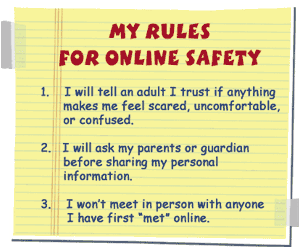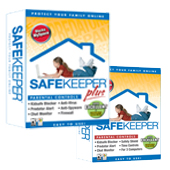New surge in spam--tops 90 percent of e-mail
 Spam continues to be a global email problem...and it's only getting worse, not better. Last month the amount of spam that was send across the world increased by a whopping 35%, according to a report by Neowin.net.
Spam continues to be a global email problem...and it's only getting worse, not better. Last month the amount of spam that was send across the world increased by a whopping 35%, according to a report by Neowin.net.How does spam find its way into emails boxes? Spammers often use several common tricks. Often it comes from visits to inappropriate websites that invisibly track visitors, collecting their IP and URL addresses or that entise visitors to register their email addresses, which then get sold off to mail spam emailers.
Today, despite recent anti-spam laws and efforts to prevent spam, it's estimated that globally more than 90% of e-mail sent daily is spam. This is causing serious trouble for regular users like you and me as well as e-mail providers as this reduces the usability and reliability of the service.
David Mayer, product manager Ironport systems said "From 31 billion spams a day on average in October 2005 to 63 billion in October 2006. But in November, we saw two surges that averaged 85 billion messages a day, one from Nov. 13 to 22, the other from Nov. 26 to 28."
This current rate of increase was beyond the expectations of internet analysts. Many are pointing out the new methodologies like the extensive use of images in the spam messages instead of text, surge in botnet (zombies) usage by spammers, the increased number of URLs that are available to spammers and under developed spam filters.
Most of the current generation spam filters are not efficient in managing messages that contains images.
The profit motive work that the spammers are doing has made spamming to a whole new "professional" level. They are always first in introducing innovative ways to penetrate into users in-boxes. The application of hacking technologies in the junk mail "industry" has increased manifold from last year. Thanks to new softwares, from fetching e-mail addresses to fooling spam filters everything can be accomplished with easy to use software.
In mid-November, IronPort witnessed a new, massive spam attack that dropped filter efficiency by more than 10 percentage, letting millions of messages through to in-boxes. "It's a reaction gap," says Mayer. "It takes time for vendors to respond and come up with appropriate rules, but with their distributed [botnet] networks, spammers can send a huge attack in a matter of hours. It takes time for anti-spam solutions to catch up with the attack."
As Mayer says "It's going to be a long battle."
Safekeeper is committed to battling spam, giving parents easy and effective software to prevent their teens from accessing spam-farming sites. Take a strong position battling against spam by using Safekeeper's award-winning PC protection software, which is updated 24/7 by its staff of anti-spam professionals and which automatically updates to protect your family computer.
Download a free 14-day trial of Safekeeper and see how quickly your computer works better for your family.
It's all-in-one computer protection. Block porn, gambling, drugs and millions of dangerous websites. Everything you need to keep your family safe online — and guard them from online predators.

































